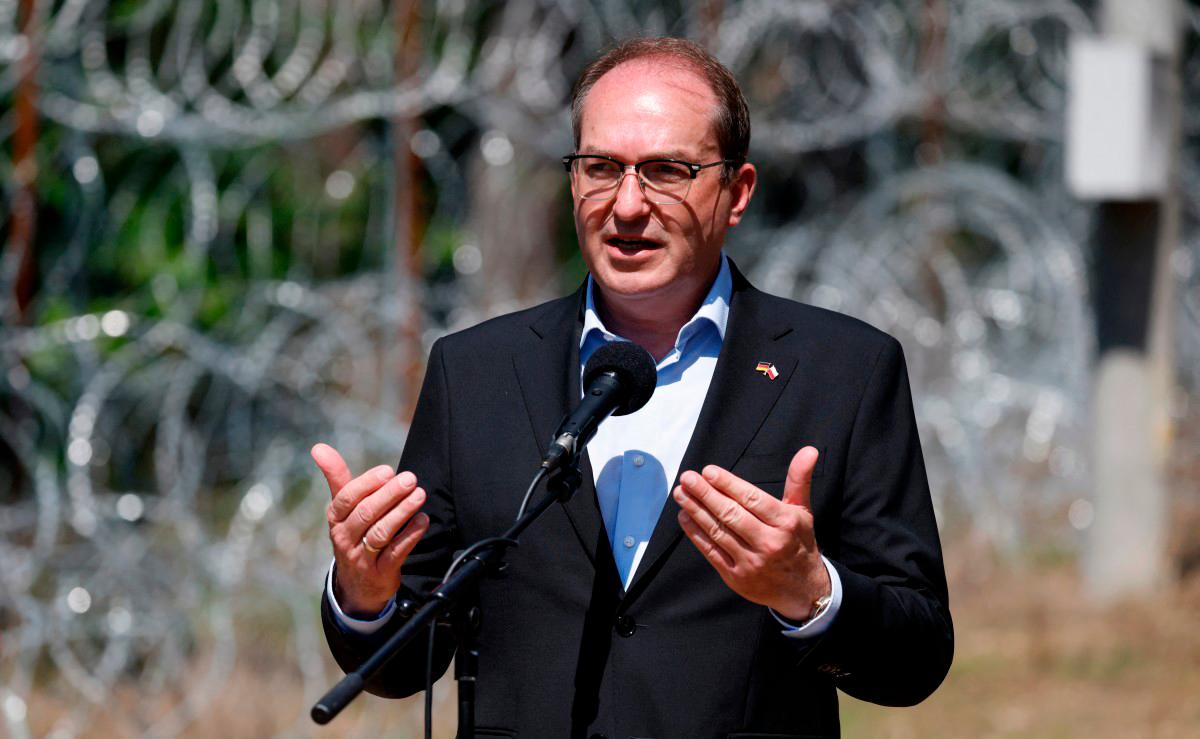BERLIN: Germany will continue temporary border controls beyond the September deadline as part of its efforts to reduce irregular immigration, Interior Minister Alexander Dobrindt confirmed on Thursday.
Berlin also intends to increase deportations of rejected asylum seekers with criminal backgrounds to Afghanistan and Syria, Dobrindt stated in a podcast with Table.Today.
Conservative Chancellor Friedrich Merz has pledged a strict approach to irregular migration, aiming to counter rising support for the far-right AfD party.
Recent violent incidents involving asylum seekers and foreign nationals heightened public concerns during the February election campaign, where the AfD secured a record 20 percent of votes.
“We will maintain border controls beyond September 15,“ Dobrindt said, referring to measures introduced last year under former Chancellor Olaf Scholz and extended in March.
He added that European partners agree these controls are necessary until the EU’s external border protection system is fully functional.
Schengen zone rules permit temporary border reinstatements for up to two years in response to threats like terrorism or mass unauthorised migration.
Since taking office in May, Merz’s government has intensified border checks, including rejecting most asylum seekers, a decision criticised by human rights organisations.
Daily federal police presence at borders increased from 11,000 to 14,000 officers.
Ministry data shows 9,254 individuals were turned away at German borders between May 8 and July 31, primarily from Afghanistan, Algeria, Eritrea, and Somalia.
The border with France recorded the highest rejections, exceeding 2,000 cases, followed by Poland, Switzerland, and Austria.
Germany has deported convicted migrants to Afghanistan twice, with 81 sent back last month, a measure Dobrindt insists must continue.
Amnesty International condemned the deportations, citing Afghanistan’s “catastrophic” conditions and widespread human rights abuses.
Dobrindt also revealed plans for deportation flights to Syria, where conflict persists after the ousting of Bashar al-Assad. – AFP









